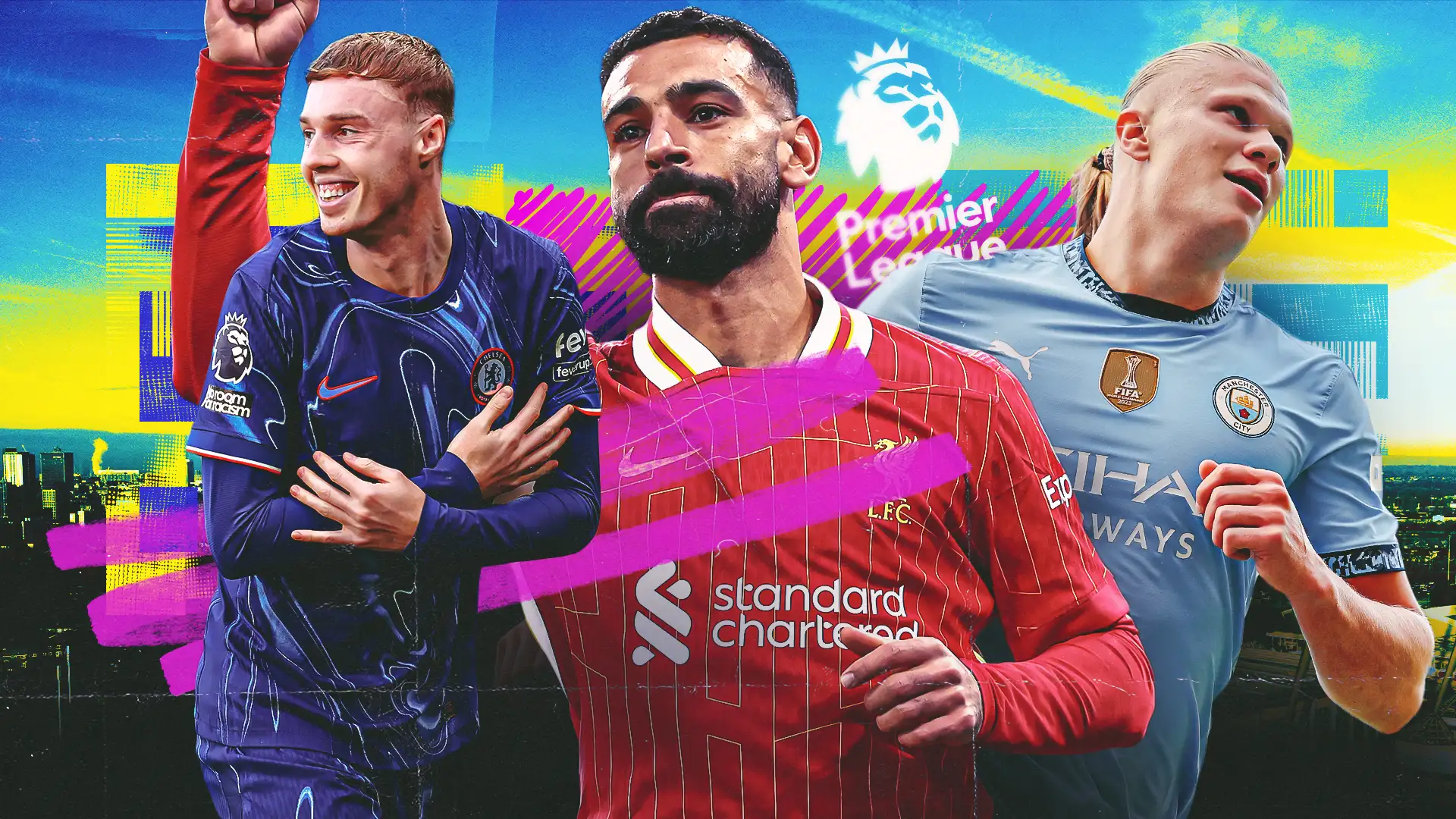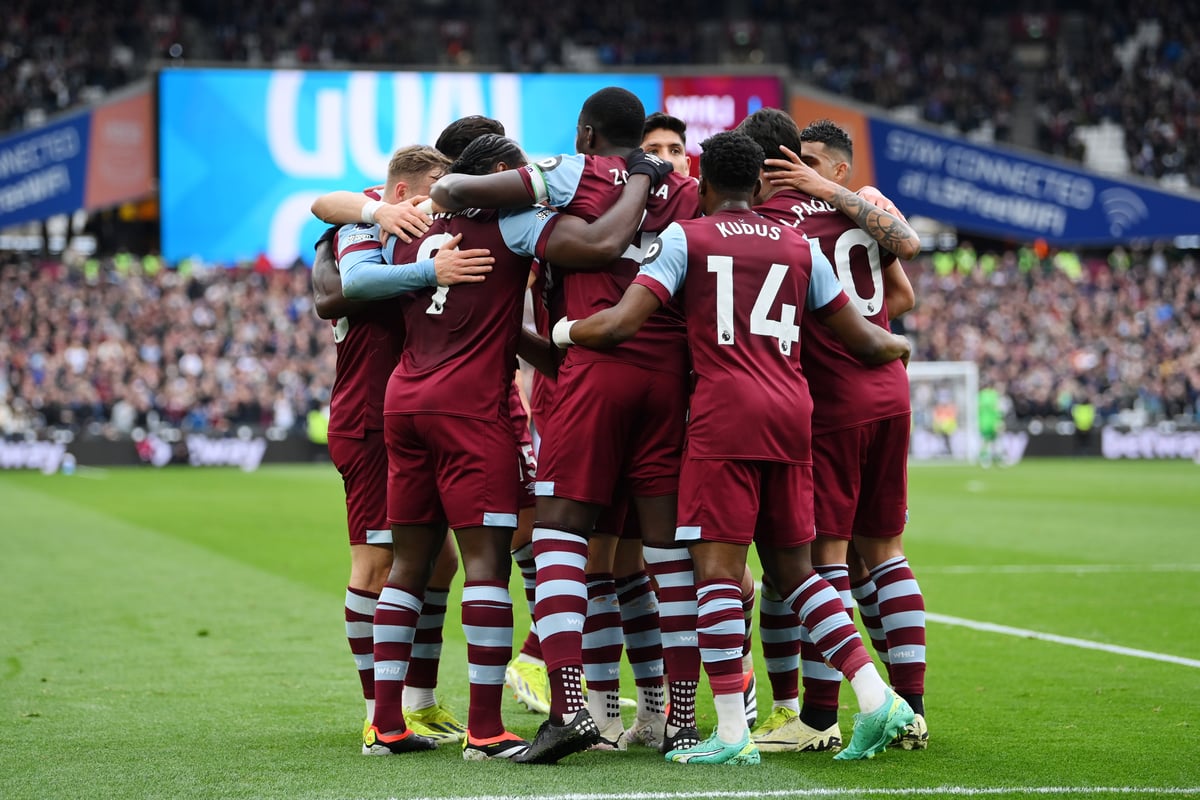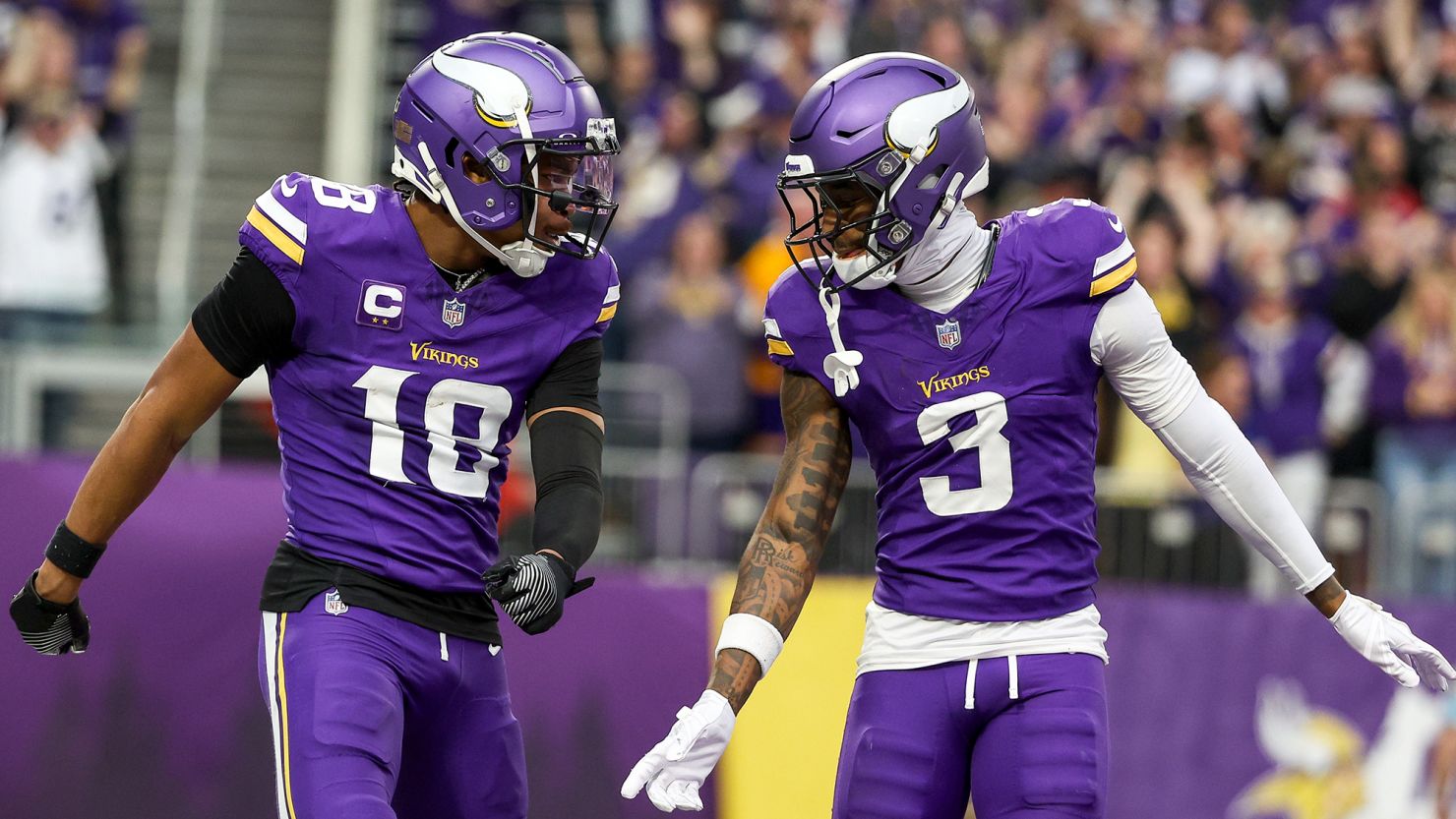Are Footballers Turning Into PR Robots?
In a grainy YouTube clip from 2004, a 17-year-old Wayne Rooney is asked what he’d buy with his first big paycheck. He grins, shrugs, and says, “Probably a new car… and some crisps.” The camera shakes slightly as the interviewer laughs. It’s raw, unscripted, and strangely intimate.
Fast forward two decades. A 19-year-old wonderkid scores a hat-trick on debut. Within hours, his Instagram post appears — a high-res photo of a celebration, a caption that reads:
“Great performance from the lads. Buzzing to get on the scoresheet. We keep going. 💪⚽ #Grateful #TeamWork”
The image has 1.2 million likes. The comment section is emojis and brand mentions. The player’s next post is a paid partnership with a hydration brand. The spontaneity? Gone. The personality? Filtered. The player? Marketed.
Welcome to football’s PR era.
The Rise of the Curated Athlete
It’s no longer enough to be talented with a ball. Today’s footballer is a brand, a business, and a broadcast channel. With social media followings rivaling global celebrities, athletes have become media entities. Every tweet, post, and public appearance is carefully managed — not just to engage fans, but to protect value.
Agents now have PR divisions. Clubs hire “digital integrity consultants.” Players are briefed on how to talk, dress, post, and even react. There are media training boot camps for academy players as young as 14.
A marketing executive at a top Premier League club, speaking anonymously, says:
“We don’t just sign players for footballing ability. Their image matters. Can they front campaigns? Can they avoid controversy? Can they be trusted live on camera?”
Modern football is a business — and players are the product. But when the product becomes overpolished, the audience starts to notice.
The Loss of Real
Think of the players who became cult icons not just because of goals or trophies, but for being unapologetically themselves. Eric Cantona’s kung-fu kick and subsequent press conference. Mario Balotelli setting off fireworks in his bathroom. Zlatan being… well, Zlatan.
Now compare that to the sanitized tone of the modern player’s public life. Everyone is “buzzing,” “grateful,” and “focused on the next game.” Interviews feel rehearsed. Post-match reactions are devoid of emotion. Everything is media-safe, brand-safe, and risk-free.
But something’s missing.
“We’re watching athletes with massive platforms who say less than ever,” says Dr. Harriet Lynn, a professor of digital culture. “It’s the illusion of access without real connection. Fans are being spoken at, not spoken to.”
Who’s Really Controlling the Feed?
Behind the curtain, many footballers no longer run their own social media. A tiered team handles it — the player’s agent, a club’s comms team, a social media manager, and sometimes even AI tools that track engagement metrics and suggest optimal posting times.
When a star player posts “Let’s gooo! Big game tonight,” it’s often the work of someone who’s never kicked a ball.
This outsourcing isn’t inherently wrong — it helps players focus. But it does lead to uniformity. When every account sounds the same, the individual disappears. The footballer becomes a ghost behind a glossy feed.
Gary Neville, retired Manchester United legend and current Sky Sports pundit, pleads for that in multiple tweets of his. “Lads run your own accounts! Your independent thought and authenticity is at stake. It’s your voice, not anyone else’s,” he writes on his personal Twitter profile.
The Neymar Paradox
And yet, there’s a flipside. Too much authenticity can become its own form of performance. Neymar, one of the most followed athletes in the world, blends personal chaos and brand deals in a way that blurs reality. From live gaming streams to late-night party posts, he’s often criticized for being too raw — yet his engagement is off the charts.
“Neymar isn’t playing the PR game. He is the game,” one social media strategist jokes. “And that unpredictability keeps him relevant.”
Is There a Middle Ground?
There are glimmers of change. Jude Bellingham is a case study in balance — articulate, media-trained, but still retaining edge and warmth. He speaks with honesty in interviews and engages with fans in subtle, sincere ways. Bukayo Saka is another — calm, intelligent, and still willing to laugh at himself. Cole Palmer – Has built a cult following due to his ‘no sh**t’s given’ speech, answers and attitude.
Some players are reclaiming narrative control via long-form platforms. The Players’ Tribune, athlete podcasts, and even personal newsletters have become safe spaces for unfiltered stories. These aren’t off-the-cuff moments, but they’re human.
And that may be the way forward: not raw chaos, not PR gloss, but authenticity on their terms.
So, Are Footballers Becoming PR Robots?
Yes — and no.
The world they operate in demands control. The stakes are too high for mistakes. But fans don’t fall in love with brands. They fall in love with people. Football thrives on emotion, personality, and unpredictability.
The game still produces heroes. But maybe it’s time to let them be human again — imperfect, unfiltered, and a little bit messy.
Until then, we’ll keep scrolling through identical captions, waiting for someone to say something real.
IMAGE – GOAL.COM


